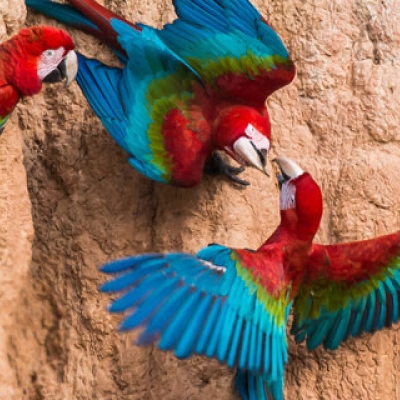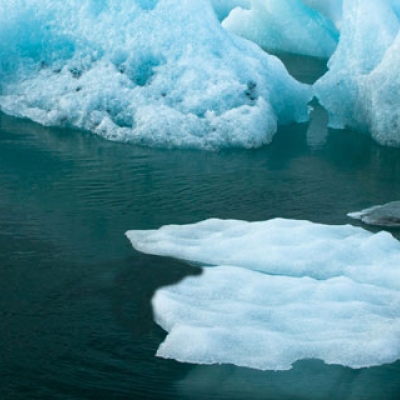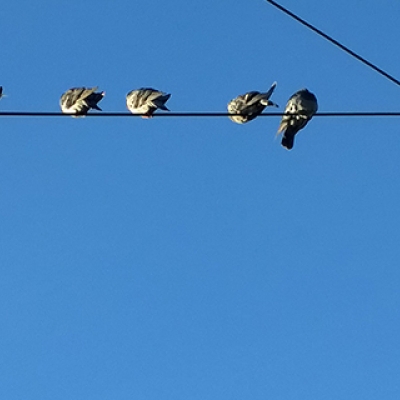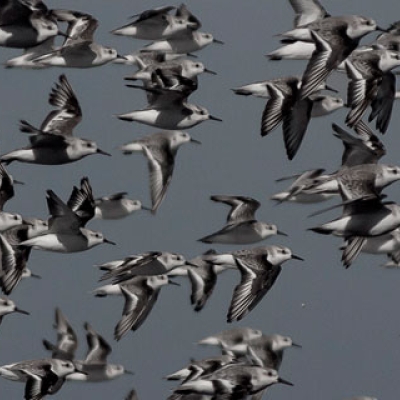
A Day for the Birds
By Larry Nielsen / On May 27th, 2017
We revel in the glory of the African elephant, giant panda or Galapagos tortoise—the charismatic megafauna that gets most of attention, whether on television or at the zoo. But I think the group that deserves the award as the world’s number one animal group—perhaps we should call it the charismatic omnifauna—is the bird.








